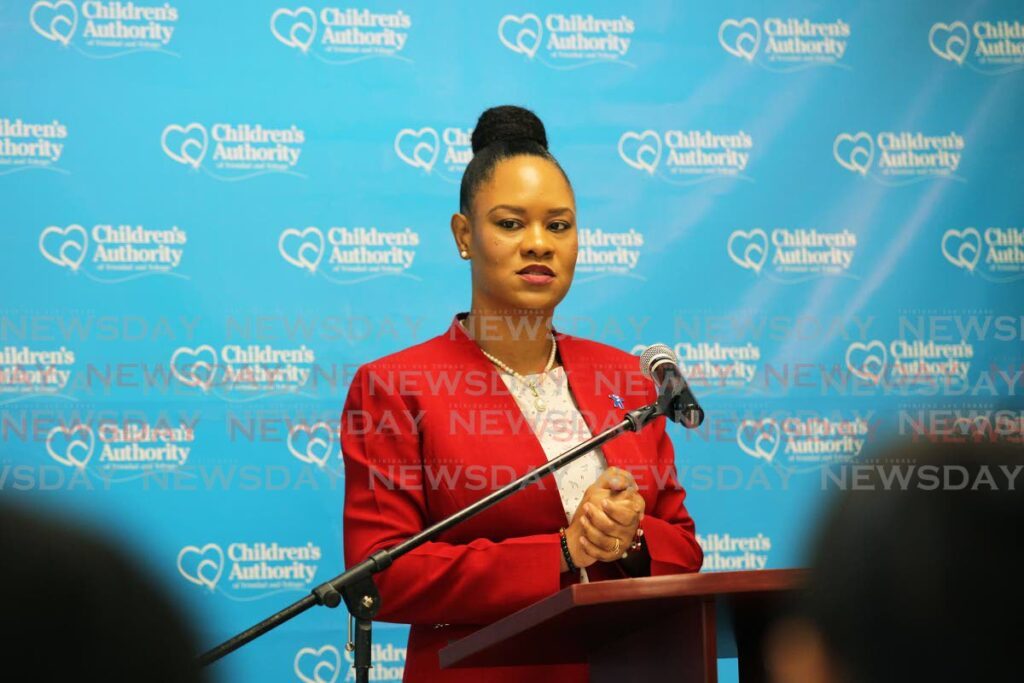Mobak Foundation: Youths who age out of state care need help

There is a need to support young people who are transitioning out of the child welfare system, says Mobak Foundation’s CEO Mobafa Baker.
He was speaking on August 19 at Untold Stories, a conference hosted by the foundation, at Rovanel’s Conference Centre, Bon Accord.
Baker said child welfare systems were created for children who, through no fault of their own, enter state care. He said some children grow up in spaces where their parents are unable to take care of them for a variety of reasons and as a result, the State would step in and provide food, clothing and shelter through the system, which generally ends when they reach 18.
“There have been a number of homes opened in Trinidad and in Tobago, but according to our own general laws here, that are covered within our Children Act, at the age of 18 we can no longer stay within a children’s home, or a community residence, as it is called now."
He said there is little discussion on what happens to young people afterwards.
“The average person knows about children’s homes, but never asks the question about what happens to the child when they leave the facilities.”
Mobak, he said, provides housing support for 18-24 year olds from this group.
“Our goal, though, is to get you set up so that you’re able to move on and and have some level of permanency in your life. So when you leave you leave with a permanent situation, as opposed to just leaving because your time was up with us.”
He said Tobago is no different, and he sees the need for such an institution there.
“Going back into their family homes is a very difficult situation, because the reality has changed.
"In many ways, family has now moved on, meaning that now there is an extended family – mother may have remarried, father may have remarried. (For) those who have parents who passed away, or having grandparents and aunts and uncles who were never able to take care of them in the first place, now being reconnected with family will be a difficult thing, because the expectations will be suddenly shifted.”
He said the transition will provide a safe space for them to slowly build a relationship with family.
“For us currently, some of our young men, they go spend a night or two nights with family, and then they come back until they’re able to build the relationships to a point where they feel more comfortable living with them.”
He is hoping the THA will join forces with the foundation.
“We would be happy to support. So the call would be to support and look at the issues that children transitioning from care (deal with) and being better able to better support children as they navigate that life transition.
"It’s really a difficult time, and we’re losing too many of our young people because they don’t have that level of support being provided for them.”

Comments
"Mobak Foundation: Youths who age out of state care need help"